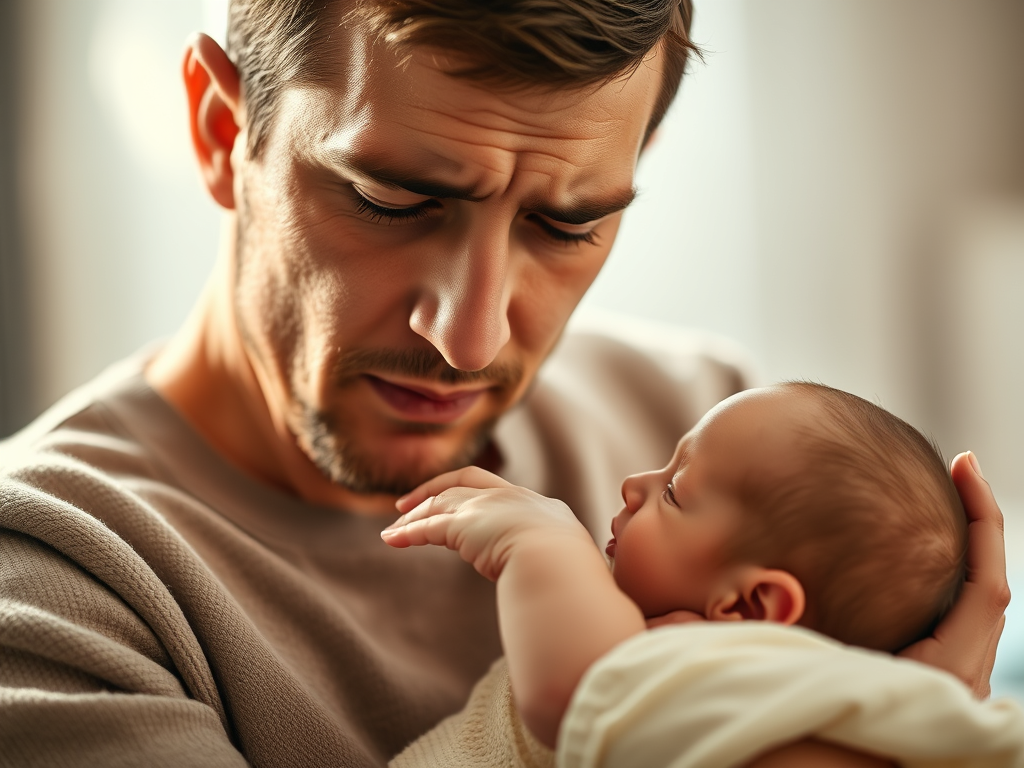Danger Signs in Newborns That Parents Should Take Seriously
Welcoming a newborn into the world is a joyous occasion, but it also comes with great responsibility. As parents, it’s crucial to recognize signs that may indicate a serious health issue in your baby. Early detection and immediate medical attention can save lives. Here are some danger signs to watch out for in newborns:
1. Difficulty Breathing
If your baby is struggling to breathe, has rapid breathing (more than 60 breaths per minute), grunting, or bluish skin around the lips and face, seek medical help immediately.
2. High or Low Body Temperature
A fever (above 38°C or 100.4°F) or a temperature that is too low (below 36°C or 96.8°F) can be a sign of infection or other serious conditions.
3. Poor Feeding or Refusal to Eat
Newborns should feed every 2-3 hours. If your baby refuses to eat, has difficulty sucking, or vomits frequently, this may indicate an underlying issue.
4. Persistent Crying or Irritability
Crying is normal, but excessive or high-pitched crying that cannot be soothed might be a sign of pain or discomfort that needs medical attention.
5. Jaundice (Yellowing of the Skin and Eyes)
While mild jaundice is common, if it spreads to the arms, legs, or worsens after a few days, consult a doctor.
6. Decreased Activity or Weakness
A baby who is unusually sleepy, unresponsive, or has weak muscle tone may be experiencing a serious health problem.
7. Vomiting Greenish Fluid or Blood
Vomiting bile (greenish fluid) or blood could indicate a serious digestive issue requiring immediate care.
8. Convulsions or Seizures
Twitching, jerking movements, or stiffening of the body without a clear cause should not be ignored.
9. Abnormal Stool or Urine Output
If your baby has fewer than six wet diapers per day after the first week, or if the stool is white, red, or black, seek medical advice.
10. Signs of Infection
Swelling, redness, pus around the umbilical cord, skin rashes, or any unusual odor from the baby’s body can indicate infection.
Final Thoughts
Trust your instincts as a parent. If something doesn’t feel right, don’t hesitate to contact a healthcare provider. Early action can make all the difference in ensuring your baby’s health and well-being.













